How old is the average woman at menopause?
Hello, very happy to answer your questions, no matter how beautiful woman, the years or nonchalantly left traces, even if the appearance looks very young, but generally speaking, women around 50 years old that is the menopause, this stage of the ovarian degeneration, function decline, the body of estrogen to reduce the endocrine disorders, so irregular menstruation, or months do not come, or lasted for a few days. Emotional ups and downs also occur at this stage, which is often referred to as menopause, and is now renamed perimenopause.
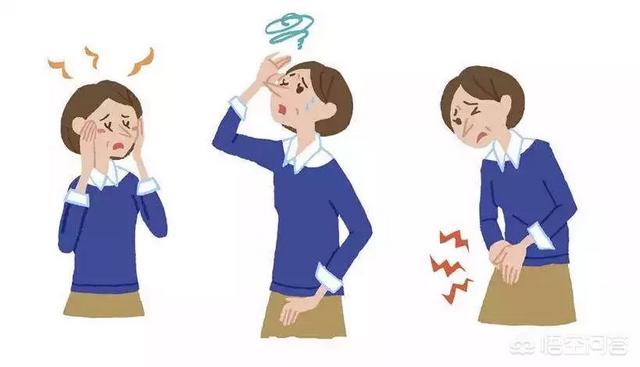
Menopause is a normal phenomenon in the physiological stage of a woman's life. However, menopause is not the only sign of a woman's aging, nor can it be used to measure the speed of a woman's aging, but it is only a clinical manifestation of the decline of ovarian function.
When a woman enters middle age, the body's estrogen and progesterone secretion is less and less, and the endometrial proliferation and shedding also gradually stop, which leads to the woman from menstrual disorders and ultimately menopause, that is, the beginning of the end.
The general age of a woman's menopause is between 45-55 years old, as long as it is normal physiological menopause is normal, so you do not have to be overly obsessed with the early and late menopause. Does it mean I'm getting old quickly? A woman's menopause for more than one year means that the function of ovarian secretion of sex hormones also declines rapidly, and a woman's physiological and psychological activities have a very important relationship with the level of estrogen.
I hope my answer will help you!
Thanks for the invite.
For the majority of women, with the increase of age, when it reaches a certain stage, the body's ovarian function will gradually decline until failure, and eventually lead to the cessation of menstruation, that is, menopause. The appearance of menopause means that women are gradually losing their fertility from adulthood to old age.
As far as Chinese women are concerned, relevant statistics show that the average age of menopause in China is 49.5 years old, which can be as early as around 40 years old or as late as nearly 60 years old. Of course, the above age of menopause is the normal age of women's menopause, for some of the artificial menopause due to disease or radiotherapy and other treatments, the specific age of menopause is related to the specific circumstances of the disease and treatment.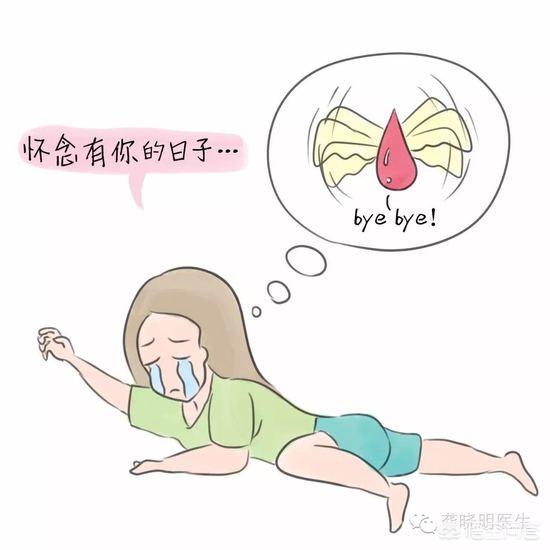
When a woman is in a period of time before and after menopause, due to the decline in ovarian function, the level of hormones in her body will also be reduced, which in turn can cause a series of physiological or psychological changes occurring, seriously affecting the quality of life of women. We call this period perimenopausal syndrome (i.e., menopausal syndrome), and we need to recognize it correctly and avoid biased beliefs in order to get through this special stage.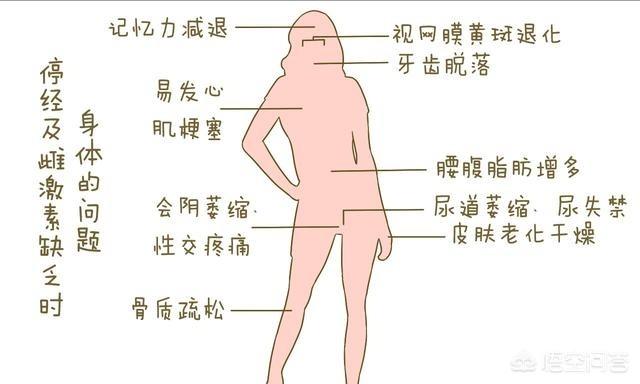
Menopausal syndrome begins with menstrual disorders at the earliest, and the most common symptoms are hot flashes, flushing and sweating, while other symptoms include mood changes (which can be characterized by agitation or depression), insomnia, loss of libido, painful intercourse, frequent urination, urgency of urination and painful urination. Due to changes in hormone levels, the probability of osteoporosis, cardiovascular disease and endocrine disease in women also increases greatly. In the face of this period, we should pay attention to reasonable diet, appropriate exercise, more communication with others, maintain a good state of mind, and pay attention to annual gynecological examination, contraception until one year after complete menopause. At the same time, we should pay attention to monitoring the changes of blood pressure and blood sugar, and actively supplement calcium to prevent osteoporosis. For those with obvious symptoms, hormone replacement therapy can be performed under the guidance of a doctor.
Thanks for reading, this article was originally written by @General Practice Sweeper, welcome to like, comment, reprint, follow the author, get more health knowledge. Please correct any deficiencies. Images are from the internet and are for reference only.
We say this in three ways.
1. The number of follicles a person expels in a lifetime.
2. The length of regular menstruation.
3. Longitudinal comparison of menstruation.
Let's break it down. Why?
1. The number of follicles that the ovaries expel in a lifetime.
The highest number of ovaries is around the 16th to 20th week of the embryo, when they contain a total of 6 to 7 million on either side of the ovary, and then gradually decreases to around 2 million at birth, and then around 300,000 by the time of puberty. At first glance, this is a very impressive number, but only about 0.1% of the total number, or about 400 or 500, actually mature and are expelled during a lifetime. If we say that we menstruate once a month, 12 times a year, that's about 33-41 years; if we menstruate for a shorter period of time, the total amount of time we can menstruate in our lifetime will be shorter; if we menstruate for a longer period of time, the total amount of time we can menstruate in our lifetime will be longer.
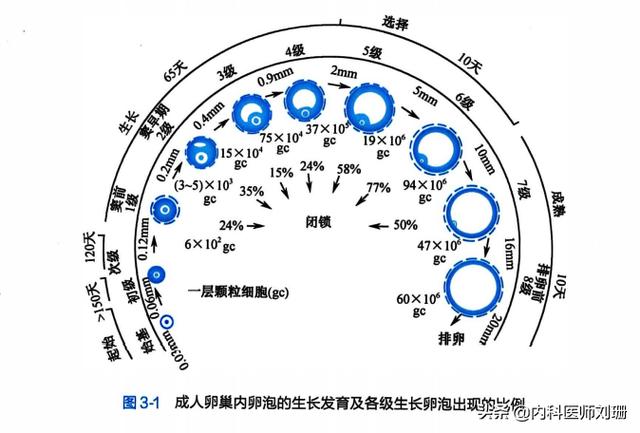
So the time of the first menstrual period, plus the total number of years is the approximate time of menopause.
2. The length of regular menstruation.
There are seven different physiological stages in a woman's life: fetal, neonatal, childhood, puberty, sexual maturity, menopausal transition, and post-menopausal stages. Among the times when menstruation occurs are puberty, sexual maturity and menopausal transition.
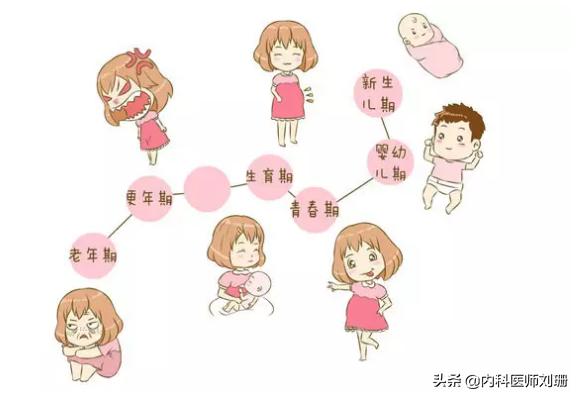
The first menstruation is usually the last time of puberty, usually eleven or twelve years old, but in puberty time, because the estrogen feedback mechanism is not yet fully mature, often irregular menstruation, and follicular development and maturity, but also can not carry out normal ovulation, so the general situation appears to be regular, cyclic ovulation is generally by five to seven years, after which menstruation will be regular.
So sexual maturity occurs at about 18 years of age and then goes through about 30 years after that, and the menopausal transition, which starts at about 40 years of age, is 1 to 2 years for shorter people, while longer people have to take about 10 to 20 years to go through menopause.
Currently our national average age of decision for women is about 50 years old, with about 80% between 45 and 55.
3. Longitudinal comparison of menstruation.
In fact, the timing of menopause runs in families. Usually, many of our patients have fibroids or adenomyosis, which cause excessive menstruation or painful menstruation, and many of them will ask me, when will I stop menstruating? Many people will ask me, "When will I stop menstruating? If I stop menstruating quickly, it will stop hurting." I usually tell them, "I can only give you an approximate time, and the real time is different for each person, but it is roughly the same as that of your sisters or mothers in your family, with a difference of no more than a couple of years.

three grandparents and one grandchild
Therefore, in terms of the number of follicles discharged in a person's lifetime, the length of regular menstruation, and the longitudinal comparison of menstruation, 80% of people stop menstruating in their fifties or early fifties, but we cannot exclude a very small number of people. The youngest patient we have seen is 36 years old who stopped menstruating because of premature ovarian failure, and the oldest one is an anemic patient who is currently hospitalized in our department and is 62 years old, who is still having regular menstruation, and she is very frustrated.
It varies from person to person and you can't generalize.
Menopause is quite a profound physiological change for women. Before and after menopause, the change in estrogen levels can produce symptoms that are difficult to adjust to. A shorter duration of menopause and a later arrival of menopause is what most women desire. So, how old is the age of menopause for women? Next, Medical Senlution will analyze it for you.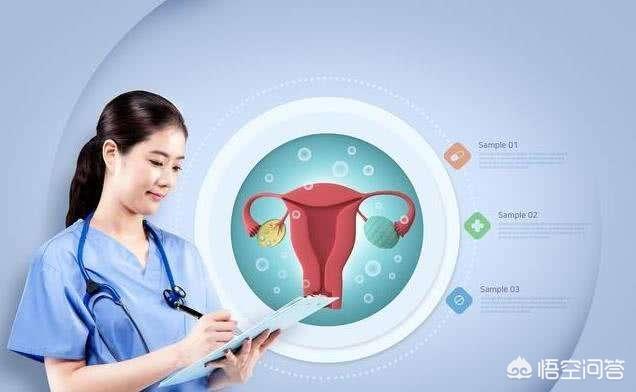
There is no uniform age for menopause, it may occur in the forties or fifties, but most women experience menopause between the ages of 44-54, with the average age of menopause being around 49.5 years old, which can be used as a reference point for women to indicate that they have gone through menopause if they do not have menstrual periods for 12 consecutive months after the last menstrual period. Before and after menopause, women experience profound physiological changes. Typical symptoms of premenopause are menstrual disorders, but the most significant impact on women is hot flashes, which can occur several times a day or even dozens of times a day. Due to the increase in subjective discomfort, it is common for mood changes to occur, such as agitation and irritability, and for some women to experience psychological changes, such as anxiety and depression, which can bring about a number of negative impacts on a woman's life and work. For these symptoms, they can be appropriately regulated by medication, such as estrogen, which can regulate menstruation and relieve hot flashes.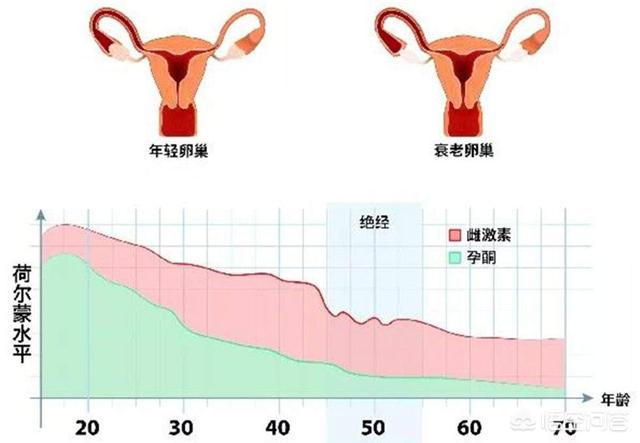
After menopause, a woman's subjective symptoms are relieved to some extent, but changes in hormone levels can still have a profound effect on women. For example, postmenopausal osteoporosis can increase a woman's risk of fracture; postmenopausal atherosclerosis can increase the risk of cardiovascular events; postmenopausal changes in cognitive function can increase the risk of Alzheimer's disease; and postmenopausal vaginal and urethral atrophy can increase vaginal and urethral infections and decrease the quality of sexual life. For the treatment of some symptoms, estrogen can also be used, but it should be used under the guidance of specialists and after excluding relevant contraindications. At the same time, postmenopausal women should change their lifestyles to a low-salt, low-fat, low-cholesterol diet, abstain from smoking and limiting alcohol, and exercise appropriately, which can help reduce the risk of postmenopausal cardiovascular events.
In summary, the majority of women experience menopause between the ages of 44 and 54, with the average age of menopause being approximately 49.5 years.
Thank you all for reading!
We are looking forward to your attention and presenting more health knowledge to you!
Note: The images in this article come from the Internet, if infringement of copyright, please contact to remove. The content of the article is only as a health science popularization, not as a medical advice or opinion, and does not have the condition of medical guidance.
Menopause is a necessary stage for every woman and no woman can avoid it. Menopause means that the body is no longer young and many changes will occur. Therefore, many women hope that menopause can come as late as possible. In fact, is it really true that the later the better for menopause? This is not the case, so how old is considered normal for menopause?
It is understood thatThe age of menopause for most women in China is between forty-five and fifty-five years old, earlier than that is considered premature menopause, later than that is considered late menopause... It is important to realize that the time of menopause can vary greatly depending on the physical condition, which is very much related to our eating habits and living environment. So how to calculate the time of menopause? Generally speaking, the time of the last menstrual period is the time of menopause.
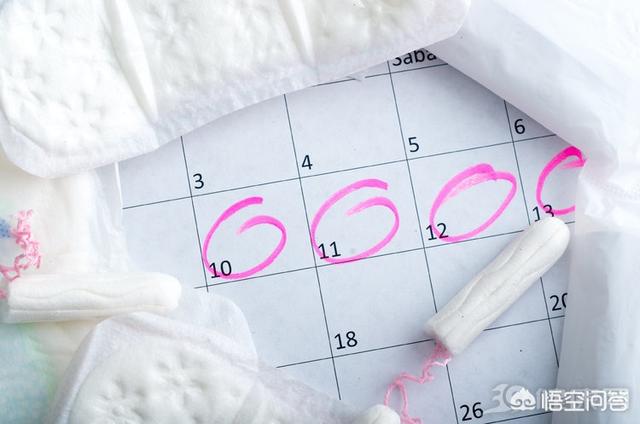
What are the signs of premenopause?
After learning what the prime age for menopause is, let's take a look at what the pre-menopausal symptoms are.
1. Irregular menstruation
Under normal circumstances, a woman's menstrual period comes at a regular time every month, very regularly and without great fluctuations. However, if menopause is approaching, the timing of the arrival of menstruation becomes irregular. Not only that, the duration will also fluctuate a lot, and it is possible to have a period that lasts up to ten days. The color of the menstrual period will also change, one time it will be pink, the next time it may be light pink or black. Of course, if the symptoms occur before the age of menopause, it may not be due to impending menopause, as mood swings or dietary changes may have an effect on menstruation.
2. High emotional ups and downs
When a woman is about to go through menopause, her body undergoes a lot of changes, which can make her feel very uncomfortable or uncomfortable. At this time, there will be more mood swings and very easy to get angry. Not only that, there is also the possibility of depression. Therefore, if you have a menopausal woman at home, you should care for them more and give them more love and tolerance.
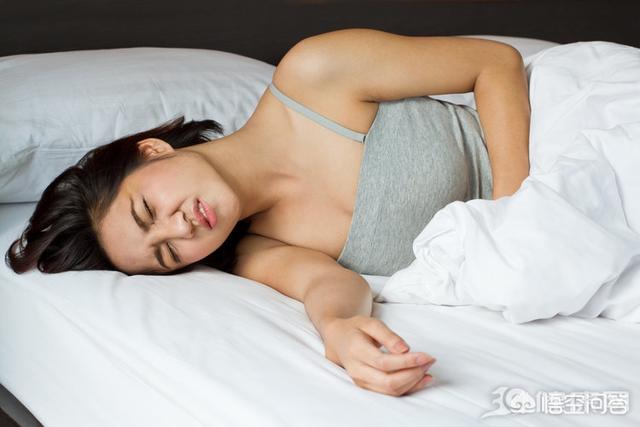
3. Inability to hold urine
Under normal circumstances, when we have the urge to urinate, if we don't want to go to the toilet, we can go without, hold the urge and wait until we are busy to solve the physical problem. However, for pre-menopausal women, holding urine is a very difficult thing. If you have the urge to urinate, you will be very eager to go to the toilet to urinate. Not only that, the amount of urination is not much. Why is this? The reason is that women who are about to enter menopause or have already gone through menopause have less estrogen in their bodies, which results in the muscles of the bladder not being as flexible as they used to be, making it difficult for them to hold in their urine. In addition to this, there is also the possibility of sagging breasts.
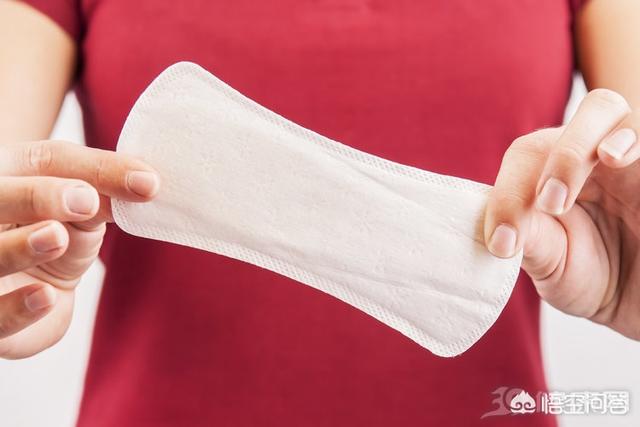
The onset of menopause means not being young anymore, which is something that every beautiful woman does not want to see. However, it is a reality they have to accept. In fact, as long as we work out well and protect our body. Even after menopause, you can still bloom a different kind of beauty.
References:
Xiong Yu Zhang Peiyu Lin Chen 《浅论围经期女性的中医养生与保健》 广西中医药 Guangxi Journal of Traditional Chinese Medicine 2019年02期
I've had a lot of feelings about women's menopause recently, probably because I'm approaching that stage at my age. Many people around me have symptoms around the age of 45, and I think the exact timing of menopause varies depending on one's health condition. Unit at the same time Xiaojuan 44 years old this year, two years ago, menstrual disorders, and the amount is small, and now more irregular, basically in the semi-menopausal state, I think from her physical condition has been weak, long-term qi and blood deficiency led to; and her a house of small Jie, this year, 45 years old a year ago, irregular menstruation, at that time did not care about it, the situation early this year is even worse, go to the doctor, diagnosed that it is about to stop menstruation. She is also very hot, she usually bad heart, spleen and stomach deficiency, usually do not like sports; another is the unit of Liu, a typical menopausal condition, love sweating, sleep disorders, upset and easy to nu, every day is difficult to not, she is 52 years old this year, I think that age should be the normal age of menopause; the last one I want to talk about a coworker is Lynn, this year in July when the menstrual period came and did not go, intermittent nearly a month, I have been severely anemic, and I have been working for nearly a month, and I have not had a good time. I have been severely anemic, work has become a problem, and now has been in the stage of taking hormones to control the menstrual cycle and blood volume, the effect is not particularly good, she currently has no other symptoms. Signing on to some of the symptoms of the people around her, I think menopause is a stage that every woman must go through, and all we can do is to let ourselves have a better state of mind, a healthier body, and do our best to delay the arrival of menopause. Loving and caring for yourself is also caring for your family 。。。。。
When is it normal for a woman to go through menopause? In fact, for the female menopause, there is a standard time, between 45 years old -55 years old, but is not the only standard, because according to different people's physical condition is different, then the time of menopause will be different time, some people may not reach 45 years old has stopped menstruation, and some people may have been more than 55 years old has not yet been menopausal, earlier than the time of these The body of a person may have some disease-like problems, while the physical condition of a person who has passed this time later is relatively better and more advantageous.
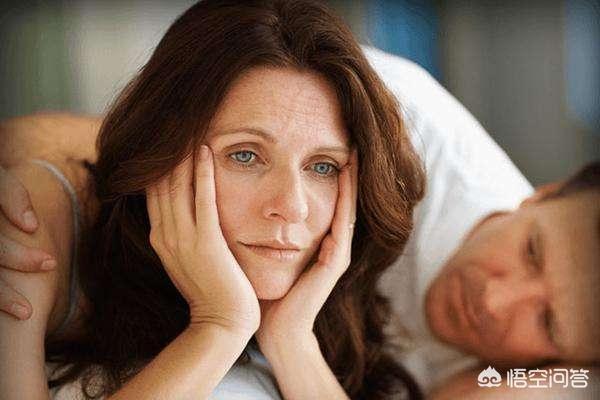
We all know that after menopause, women have to face not only the problem of aging, but also the decline of the body's functions and the lack of protection of hungry estrogen will increase the risk of some diseases, such as osteoporosis and some cardiovascular diseases, so many people want to be able to late menopause, and in the perimenopausal period, the body in addition to physiological changes, psychological and emotional changes will be very big, seriously affecting the life and physical health. During the perimenopausal period, in addition to physical changes, psychological and emotional changes will also be very big, which will seriously affect the life and health of the body, which is why many people want to delay menopause.
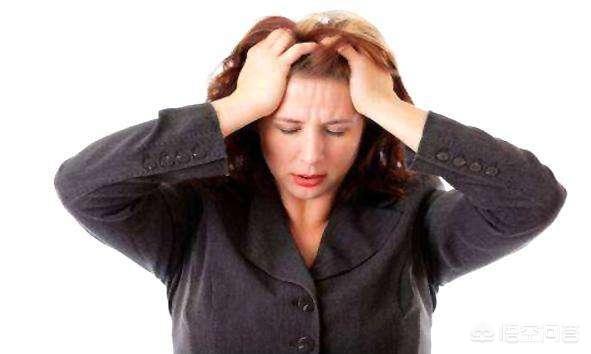
In fact, for women, in order to normalize menopause, or delay some, you need to start from now on to adjust their physical state, diet and lifestyle habits, especially for those who have polycystic ovaries, this point seems to be more important, polycystic ovaries we all know that it is very difficult to have a pregnancy, if you want to have a pregnancy, then it is necessary to intervene with ovulation stimulating drugs, but this kind of drug has a disadvantage is that it will lead to ovarian But one of the disadvantages of these drugs is that they can lead to premature ovarian failure. Therefore, for people with polycystic ovaries, menopause will come earlier than ordinary people, but people with polycystic ovaries are not without a solution, just need to follow the doctor's advice, many people even without drugs, as long as they can control their weight in the normal range can be cured, and can be able to give birth to children normally as well as the normal menopause, but this process will be very difficult, so for women, control their weight, balanced and varied diets, adequate diet / moderate exercise is also an important part of delaying menopause. Therefore, for women, weight control, a balanced and varied diet, and adequate eating/exercise are also effective ways to delay the onset of menopause and relieve menopausal symptoms.
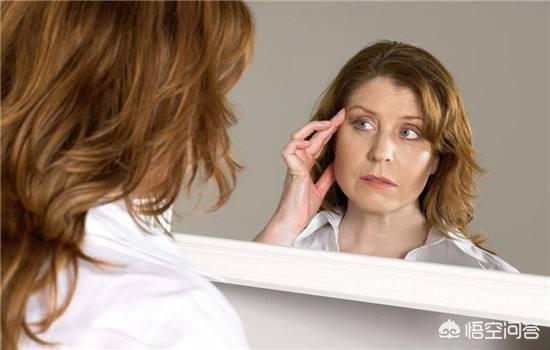
How old is the average woman at menopause?
For Chinese women, usually after the age of 40, the body's estrogen and progesterone secretion becomes less and less, and the ovaries gradually lose their nutritive role, so their function begins to decline, which may be accompanied by menstrual disorders and changes in menstrual flow.
At the age of 45-54 years old, it enters the menopausal transition period (that is, what we often call menopause), the age of menopause may be within this period, or close to the age of 60 years old, according to statistics, the average age of menopause of Chinese women in the upper and lower 50 years old, of course, there are a small number of them will be in the age of 45 years old before this situation we call the menopause in advance.
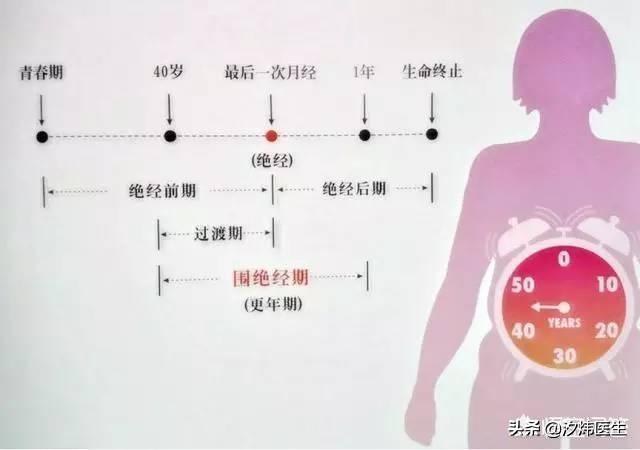
Ovarian aging means a decline in female reproductive and endocrine function, and so it is often referred to as the initiator of multi-organ aging in women. Often after ovarian aging and before menopause, there is a more or less common reaction in the body that we call menopausal syndrome. The top 6 symptoms in terms of severity of menopausal transition symptoms are, in order of severity, decreased libido, memory loss, decreased sexual satisfaction, avoidance of sexual intercourse, lower back pain, and decreased stamina. Affected by these symptoms, most of the women who are out of the menopausal transition period are suffering and are emotionally easily agitated.
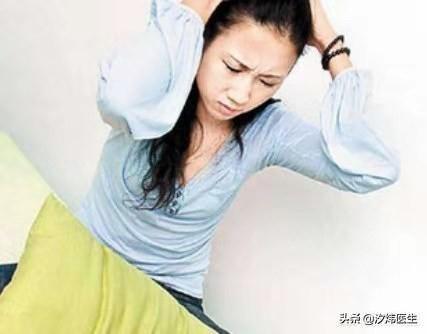
In fact, menopause is a stage that every woman must go through, just like the pain of facing childbirth in the first place. After this stage, you should be happy and contented, as long as you keep a good and optimistic mindset, firmly believe that the next moment is a happy one, and face life with a different state of mind, life will also give you back the positive side.
I hope my answer is helpful to you, please stay tuned, I will keep updating related medical issues.

How old is the average woman at menopause? As a cardiovascular doctor, Dr. Zhang seems to be inappropriate to talk about this issue. However, because cardiovascular doctors in the majority of cardiovascular disease patients in the consultation process, many times need to ask whether women have been menopausal, so cardiovascular doctors as a front-line doctors still have a certain clinical feeling. Here I will give you my own clinical experience, just for reference.

Cardiovascular doctors are also concerned about whether women have gone through menopause, mainly because many cardiovascular diseases, such as coronary heart disease, hypertension and other metabolic chronic diseases, have a relatively low incidence before women go through menopause, or significantly lower than that of men of the same age group. Once a woman has gone through menopause, the incidence of these diseases in women will increase year by year, even approaching and exceeding that of men of the same age group. Therefore, experienced cardiovascular doctors will ask their female patients whether they have stopped menstruating, because menopause itself is one of the risk factors for cardiovascular diseases. Because of this, cardiovascular doctors have a certain clinical feeling about the age of menopause in women.
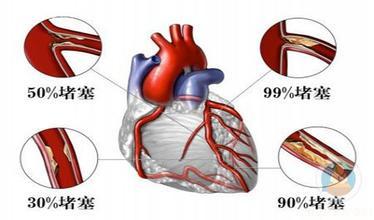
My own feeling is that for women in general, the 45-55 age group is the age when most women stop menstruating, especially those in their 50s, and many of them experience disrupted periods or even menopause. But when it comes to earlier menopause, I've personally seen, for example, women in their thirties who don't have periods anymore. And I've also seen it at a later age, for example, women who gradually stop menstruating after the age of 55. So the age at which a woman stops menstruating varies from person to person, it's different for everyone, it's earlier in the thirties, it's later in the thirties, it's later in the fifty-five year olds, and most women stop menstruating around the age of fifty.

In fact, the above point of shallow understanding, mainly from a cardiovascular doctor Zhang Dafu clinical feelings, if you encountered the menopause process related problems, it is best to consult and find experienced gynecologists to deal with the consultation.

Thank you for your invitation! The age of menopause in women generally does not vary much and is related to the individual's daily life, heredity, environment, spirituality and many other factors.
For most women, menopause usually occurs by about age 50. So why is there a difference? It's all about those factors that can be influenced as mentioned above. Simply put, it's caused by the estrogen levels in their bodies! It can also be said to be caused by their ovarian function! Women's estrogen secretion also exists in the hypothalamus pituitary gland nerves and accessories mainly ovaries such an axis system, when people to 50 years old around the time of the impending failure of the ovarian function, that is, estrogen slowly decline, some earlier, some later, there may be a better protection of the ovarian function will be able to more years, or even a decade or two years of individual phenomena. The time relationship will not be detailed, ovarian function is gone is not pregnant again!
This question and answer are from the site users, does not represent the position of the site, such as infringement, please contact the administrator to delete.